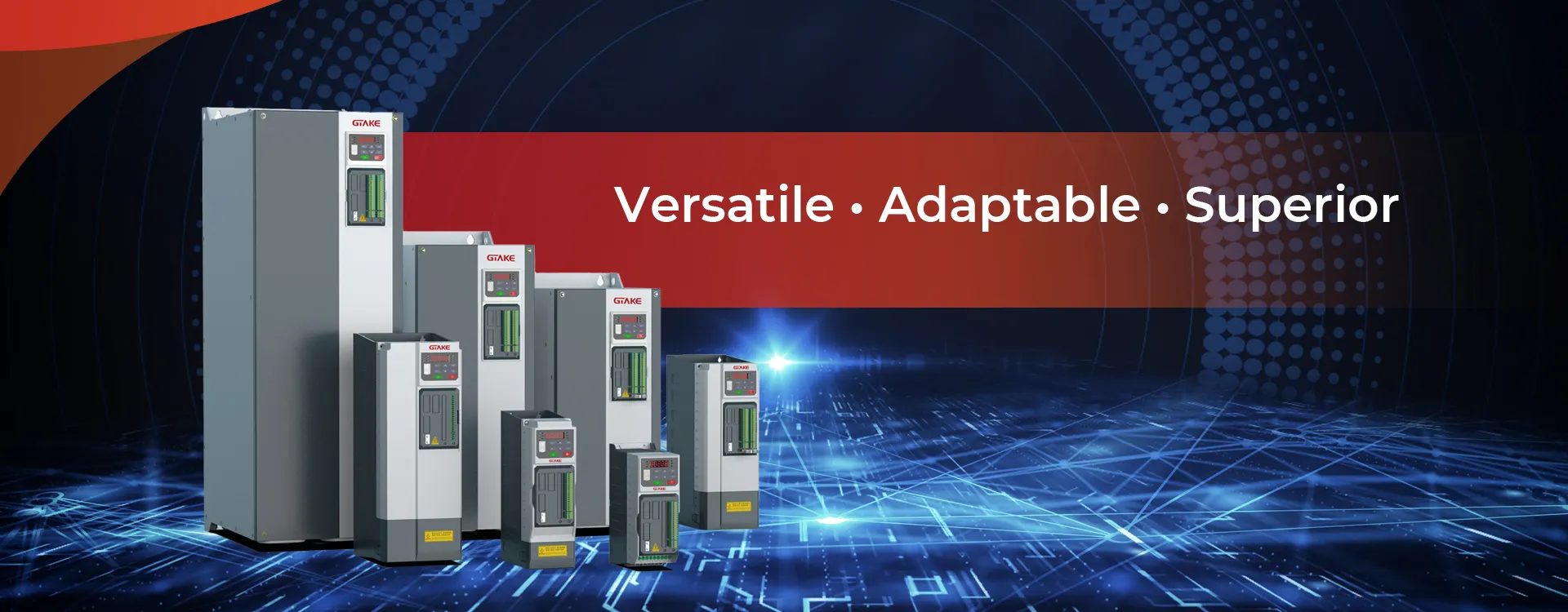Solar Pump Inverter: A Vital Component for Solar-Powered Water Pumping Systems
A Solar Pump Inverter is an essential device in solar-powered water pumping systems, designed to convert the direct current (DC) electricity produced by solar panels into alternating current (AC) electricity, which is then used to power a water pump motor. These systems offer a sustainable, cost-effective, and eco-friendly alternative to traditional grid-powered water pumps, making them ideal for irrigation, livestock watering, and rural water supply applications.
In this article, we’ll explore the function of a solar pump inverter, how it works, its features, and why it is crucial for any solar-powered water pumping setup.
What is a Solar Pump Inverter?
A Solar Pump Inverter is a type of inverter specifically designed to drive water pumps with solar energy. Solar panels generate DC electricity when exposed to sunlight, and the inverter converts this DC power into AC power that can be used by a pump motor, typically an induction motor or a synchronous motor. The inverter is a bridge that connects the solar energy source to the pump motor, enabling the system to operate efficiently while harnessing the sun’s power.
Unlike conventional grid-powered water pumps, which depend on a constant power supply from the electricity grid, a solar pump inverter makes it possible to run water pumps in off-grid locations, significantly reducing energy costs and promoting sustainability.
How Does a Solar Pump Inverter Work?
- Solar Panel Input:
Solar panels absorb sunlight and convert it into DC electricity. The amount of power produced by the solar panels depends on the intensity of sunlight, which can vary throughout the day and depending on weather conditions.
- DC to AC Conversion:
The inverter receives the DC electricity produced by the solar panels and converts it into AC electricity. This conversion is crucial, as most water pumps, especially those used in solar applications, are designed to operate with AC power.
- Power Matching:
The inverter adjusts the power output to match the requirements of the pump motor. This ensures the pump operates at optimal efficiency, regardless of variations in solar energy throughout the day. The inverter continually adjusts the pump’s operation according to the available energy, ensuring reliable performance without waste.
- Variable Speed Control:
Many solar pump inverters come with Variable Frequency Drive (VFD) technology. This feature allows the pump to adjust its speed according to the available solar power, ensuring that the motor is running at the appropriate speed for the current sunlight conditions. It helps the system adapt to varying sunlight and prevents overuse or underuse of available energy.
Key Features of a Solar Pump Inverter
- DC to AC Conversion:
The core function of a solar pump inverter is converting the DC electricity generated by the solar panels into AC electricity that can be used by the water pump motor. This process is crucial for the efficient operation of the pump.
- Maximum Power Point Tracking (MPPT):
Advanced solar pump inverters feature MPPT technology, which constantly optimizes the power output from the solar panels. MPPT ensures that the system operates at its maximum efficiency, extracting the most energy possible from the solar panels regardless of changing light conditions.
- Variable Speed Control:
A key feature of many solar pump inverters is the inclusion of Variable Frequency Drives (VFDs), which allow for adjustable pump speeds based on the available solar energy. This provides flexibility and ensures that the pump operates optimally under different sunlight conditions.
- Overload Protection:
To safeguard the system, solar pump inverters often come with built-in overload protection. This feature ensures that the inverter and pump are not damaged by excess power or incorrect operation, improving the longevity of the system.
- Soft Start and Soft Stop:
Soft start and soft stop functionalities are included to gradually ramp up and reduce the motor’s speed during start-up and shutdown, respectively. This reduces mechanical stress and prolongs the lifespan of both the pump and the inverter.
- Remote Monitoring:
Many modern solar pump inverters come with remote monitoring capabilities. This allows operators to track the performance of the pump system in real-time and make adjustments as needed, ensuring smooth and efficient operation.
Benefits of Using a Solar Pump Inverter
- Cost-Effective:
One of the biggest advantages of a solar pump inverter is its ability to significantly reduce operating costs. Solar-powered systems eliminate the need for grid electricity or fossil fuel-powered generators, saving money on energy bills. These savings can be especially significant for rural or off-grid applications.
- Energy Efficiency:
Solar pump inverters help optimize energy usage by adjusting the pump’s speed to match the available solar energy. With MPPT technology and variable speed control, these inverters ensure that the system runs efficiently, minimizing energy waste and maximizing productivity.
- Environmentally Friendly:
Solar energy is a renewable, clean energy source that reduces carbon emissions and dependency on fossil fuels. By using a solar pump inverter, users can contribute to sustainability efforts and reduce their environmental impact.
- Reliable in Remote Locations:
Solar water pumping systems, powered by solar pump inverters, are ideal for remote areas where access to the electrical grid is limited or non-existent. They operate autonomously, require minimal maintenance, and can provide a continuous water supply, even in off-grid areas.
- Low Maintenance:
Solar-powered water pumping systems are generally low-maintenance compared to traditional grid-powered pumps. With fewer moving parts and no reliance on fuel, solar pump inverters provide long-term, hassle-free operation.
- Scalability:
Solar pump inverters can easily be scaled to meet different requirements. Whether for small-scale domestic use or large-scale irrigation, solar systems can be designed to fit specific needs by adjusting the number of solar panels or the power capacity of the inverter.
Applications of Solar Pump Inverters
- Agricultural Irrigation:
Solar pump inverters are commonly used in agricultural irrigation systems, especially in remote or rural areas. By utilizing the sun’s energy, these systems reduce operational costs and offer a sustainable water solution.
- Livestock Watering:
Solar water pumping systems are also employed in livestock watering systems, where access to electricity may be limited. These systems ensure that livestock have a reliable and clean water source.
- Drinking Water Supply:
In rural and off-grid areas, solar pump inverters provide a reliable source of clean drinking water. By harnessing solar energy, these systems can operate without the need for grid electricity, ensuring a continuous water supply.
- Swimming Pool Pumps:
For residential or commercial swimming pools, solar pump inverters offer a sustainable solution for powering pool filtration and water circulation systems, reducing electricity consumption.
Conclusion
A Solar Pump Inverter is an integral part of any solar-powered water pumping system. By converting DC power from solar panels into AC power and ensuring that the pump operates efficiently, solar pump inverters make it possible to harness the sun’s energy for a wide range of applications, including irrigation, livestock watering, and drinking water supply. With benefits like cost savings, energy efficiency, sustainability, and low maintenance, solar pump inverters offer a viable, eco-friendly solution for water pumping needs, particularly in off-grid locations.
With the growing global focus on renewable energy and sustainability, solar pump inverters are likely to play an increasingly important role in meeting water supply needs while reducing reliance on traditional energy sources.

